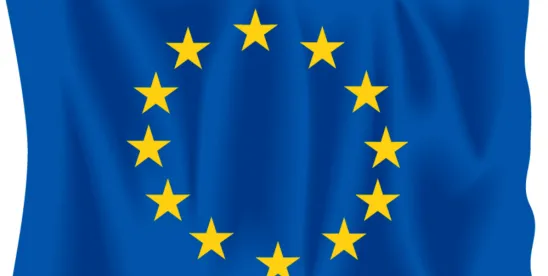On 21 May 2025, the European Commission published a new Omnibus IV Simplification Package, a targeted legislative initiative designed to alleviate regulatory burdens and enhance proportionality for smaller businesses.
Central to this recalibrated framework is the introduction of a new category of undertakings, i.e., Small Mid-Cap companies (SMCs).
Defined in Commission Recommendation C(2025) 3500, SMCs are:
- companies that do not qualify as SMEs under Recommendation 2003/361/EC;
- employ fewer than 750 persons, and
- have either an annual turnover not exceeding €150 million or an annual balance sheet total not exceeding €129 million.
Moreover, the proposal for a Directive amending MiFID II also introduces the concept of SMCs for the purposes of capital markets regulation. It defines SMCs in that specific context as listed companies with an average market capitalisation between €200,000 and €1 billion, based on end-of-year stock prices over the preceding three calendar years. The objective is to improve access to capital markets for companies that have historically been underserved by EU-level simplification efforts.
The proposed amendment to Directive (EU) 2022/2557, also parts of the package, concerns the resilience of critical entities and incorporates the SMC definition to qualify some entities that may benefit from certain exemptions or adjusted obligations.
Another legislative proposal within the package introduces targeted amendments to the following six Regulations to introduce adjustments for SMCs:
- Regulation (EU) 2016/679 (General Data Protection Regulation, GDPR)
- Regulation (EU) 2016/1036 on protection against dumped imports
- Regulation (EU) 2016/1037 on protection against subsidised imports
- Regulation (EU) 2017/1129 (Prospectus Regulation)
- Regulation (EU) 2023/1542 (Batteries Regulation)
- Regulation (EU) 2024/573 (F-gas Regulation)
These amendments seek to introduce simplification and proportionality measures, previously reserved for SMEs, to the newly recognised SMC category. For instance, under the GDPR, SMCs will be exempt from maintaining data processing records where the risk to individuals’ rights is considered low. In the field of trade defence, the revised Regulations offer simplified procedural access for SMCs to anti-dumping and anti-subsidy investigations, supported by a dedicated helpdesk and alignment of procedural timelines with the financial year of the undertaking concerned.
The Batteries Regulation is also affected. In addition to a reduction in reporting obligations for SMCs, from an annual to a triennial cycle, introduced as part of the legislative proposal mentioned above, the Commission has also put forward a separate, ad hoc proposal to postpone the application of due diligence obligations under the Regulation by two years. This extension pushes the compliance deadline to August 2027.
The package also advances the EU’s objective of digitalising regulatory processes. This is pursued through a Proposal for a Directive and a corresponding Proposal for a Regulation, both aimed at eliminating outdated paper-based requirements in product compliance legislation. Among other measures, the proposals provide for the digitalisation of Declarations of Conformity, the option to supply instructions for use in electronic format (subject to certain safeguards), mandatory online contact points for manufacturers, and the integration of compliance data into Digital Product Passports where applicable. Compliance documentation will also be submitted electronically to national authorities, streamlining procedures while maintaining consumer protection and product safety.
Another significant innovation concerns the introduction of Common Specifications (CS) as an alternative means of demonstrating compliance in situations where harmonised standards are unavailable, delayed, or insufficient. While CS are already used in the medical device sector, they are now expected to play a broader role, including under forthcoming legislation such as the AI Act and the Cyber Resilience Act. To support this development, the Commission has launched a public consultation on CS, which is open until 28 July 2025.
What This Means for Business
The Omnibus IV Package sends a clear signal that the EU recognises the disproportionate regulatory burden faced by mid-sized businesses. By embedding proportionality more systematically across key legislative acts, the Commission enables companies, particularly those classified as SMCs, to benefit from greater legal certainty, administrative relief, and digital efficiencies.
For businesses active at the intersection of sustainability, product regulation, and digital innovation, the Omnibus IV reforms offer both relief and strategic opportunity.




 />i
/>i

